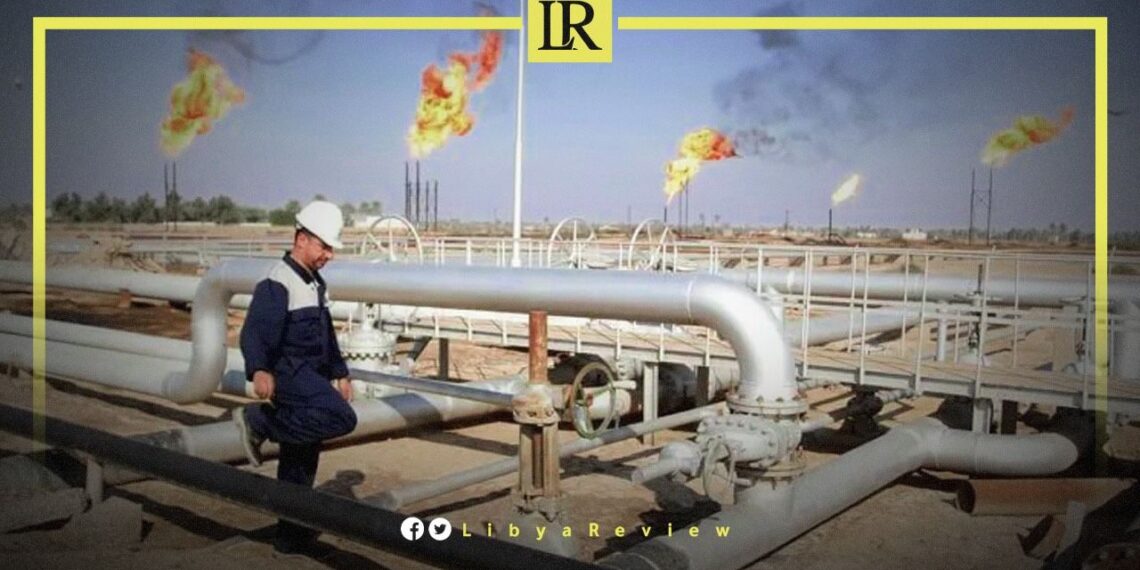A Reuters survey revealed an increase in the Organisation of the Petroleum Exporting Countries’ (OPEC) oil production in February, compensating for voluntary production cuts by other members under the OPEC+ agreement. Libya’s recovery contributed significantly.
According to the survey, OPEC pumped 26.42 million barrels per day this month, up by 90,000 per day compared to January. Libya’s production rose by 150,000 barrels per day on a monthly basis.
The largest increase in production came from Libya, an OPEC member not bound by production restrictions, following the reopening of the Sharara oilfield, one of the country’s largest fields, after disruptions.
Last week, the Petroleum Facilities Guard (PFG) in western Libya decided to reopen the Zawiya refinery and the Mellitah oil complex. This occurred after a meeting with the Prime Minister of the Government of National Unity (GNU) in Tripoli, Abdelhamid Dbaiba.
In a televised statement, the PFG members announced the reopening of the Zawiya refinery and the Mellitah complex following the closure declared earlier. They urged the government to release financial dues owed to them.
Since the fall of Moammar Gaddafi in 2011, Libya’s oil sector has been a focal point of internal conflict and political negotiation. The control over the nation’s oil resources often leads to power struggles among various factions and regions.
Libya’s economy, heavily reliant on oil, has suffered due to the ongoing conflict. The instability has led to fluctuations in oil production and prices, impacting the global oil market and Libya’s economy.
The conflict has led to a significant humanitarian crisis in Libya, with thousands of people killed, and many more displaced. Migrants and refugees using Libya as a transit point to Europe have also faced dire conditions.
The planned elections for December 2021 were delayed due to disagreements over election laws and the eligibility of certain candidates. This delay has raised concerns about the feasibility of a peaceful political transition.
Despite the ceasefire, security remains a significant concern with sporadic fighting and the presence of mercenaries and foreign fighters. The unification of the military and the removal of foreign forces are crucial challenges.


